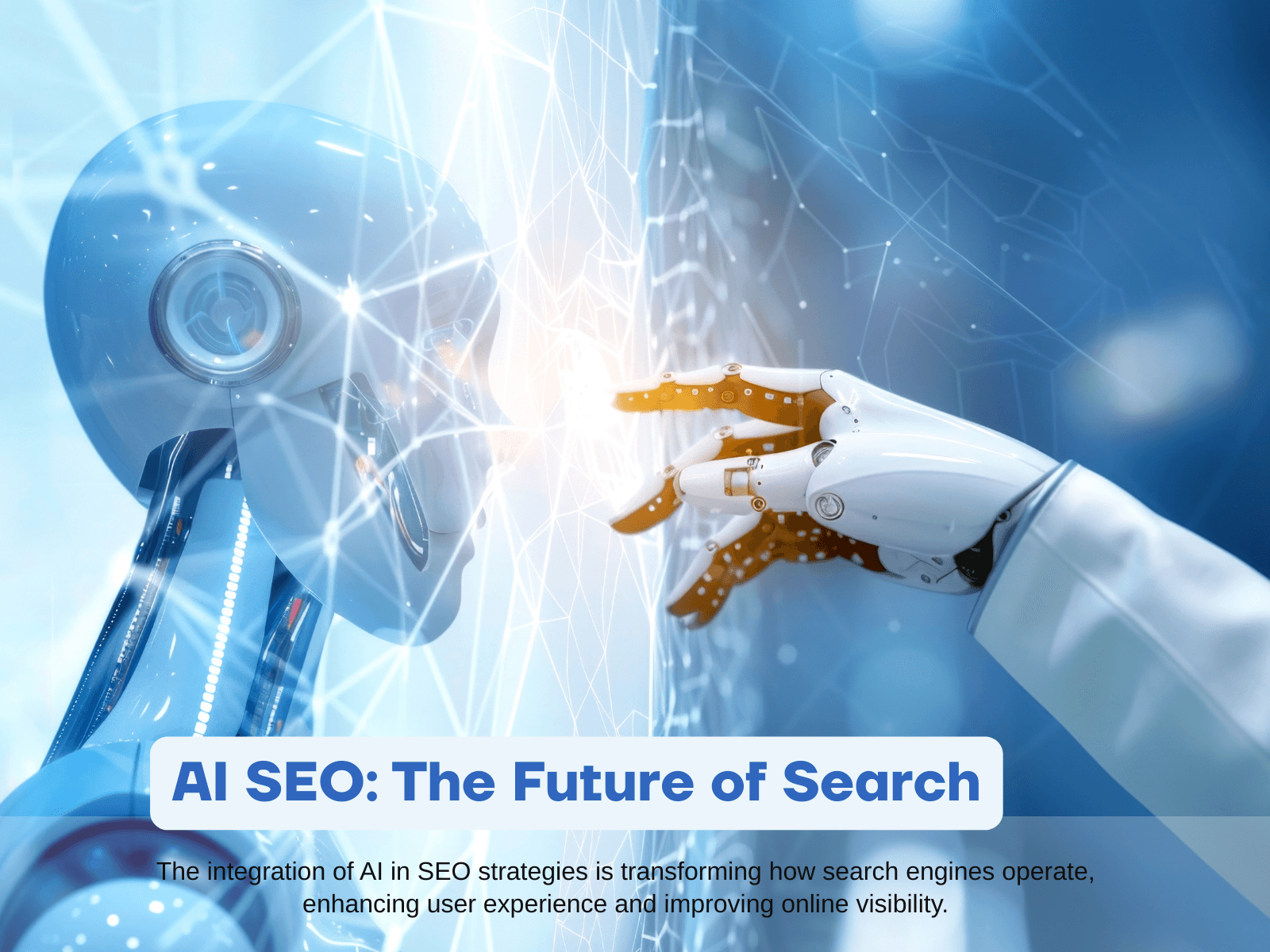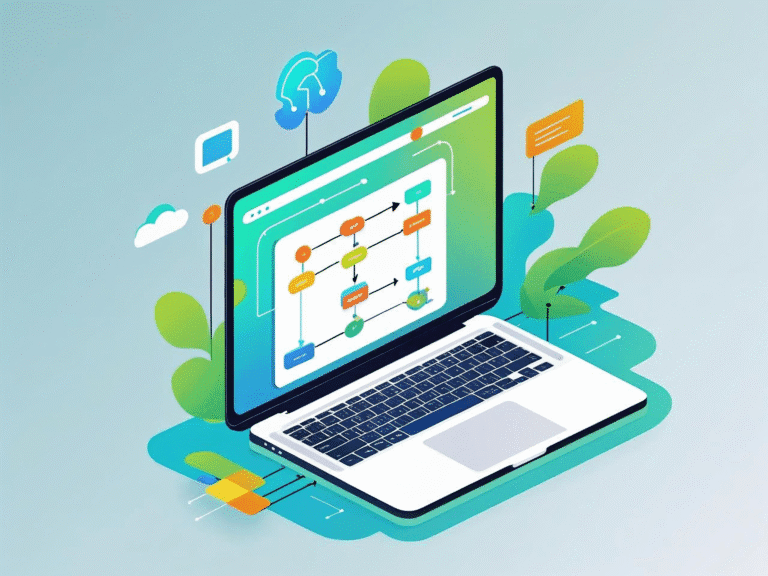In the fast-evolving world of digital marketing, one truth remains constant: search engine optimization (SEO) is essential for visibility, traffic, and growth. But how we approach SEO is undergoing a radical transformation—thanks to artificial intelligence (AI).
Welcome to the age of AI SEO—a fusion of machine learning, automation, natural language processing, and smart data-driven strategies that are redefining how businesses compete for rankings.
Whether you’re an entrepreneur, marketer, agency owner, or developer, understanding AI-driven SEO isn’t optional anymore—it’s essential.
1. What is AI SEO?
AI SEO refers to the application of artificial intelligence technologies to optimize websites and digital content for search engines. This includes:
- Machine learning algorithms
- Natural language processing (NLP)
- Predictive analytics
- AI writing assistants
- Automated site audits
AI SEO tools and strategies are not just about automating tasks—they’re about making SEO smarter, faster, and more effective.
In short, AI helps marketers understand intent, predict trends, create optimized content, and outperform competitors more efficiently than ever before.
2. How Search Engines Use AI
To understand AI SEO, we must first understand how Google and other search engines use AI.
a. Google’s AI Systems:
- RankBrain: Introduced in 2015, RankBrain uses machine learning to understand search intent and context rather than just matching keywords.
- BERT (2019): A natural language processing model that allows Google to understand the nuances and meaning behind search queries.
- MUM (Multitask Unified Model): Introduced in 2021, MUM is 1000x more powerful than BERT. It can understand text, images, and video—and answer complex, multi-layered queries.
These systems have transformed search from keyword matching to semantic search, where context, relevance, and user behavior matter more than ever.
3. The Role of AI in Modern SEO Strategies
a. Intent-Driven Optimization
AI tools can analyze billions of data points to understand what users are really searching for—helping you create content that matches intent, not just keywords.
b. Real-Time SEO Decisions
AI SEO platforms can automatically detect content gaps, suggest internal links, optimize titles/meta descriptions, and recommend high-traffic topics.
c. Voice and Visual Search Optimization
AI enables optimization for new search behaviors like:
- Voice queries (via Alexa, Siri, Google Assistant)
- Visual search (e.g., Google Lens)
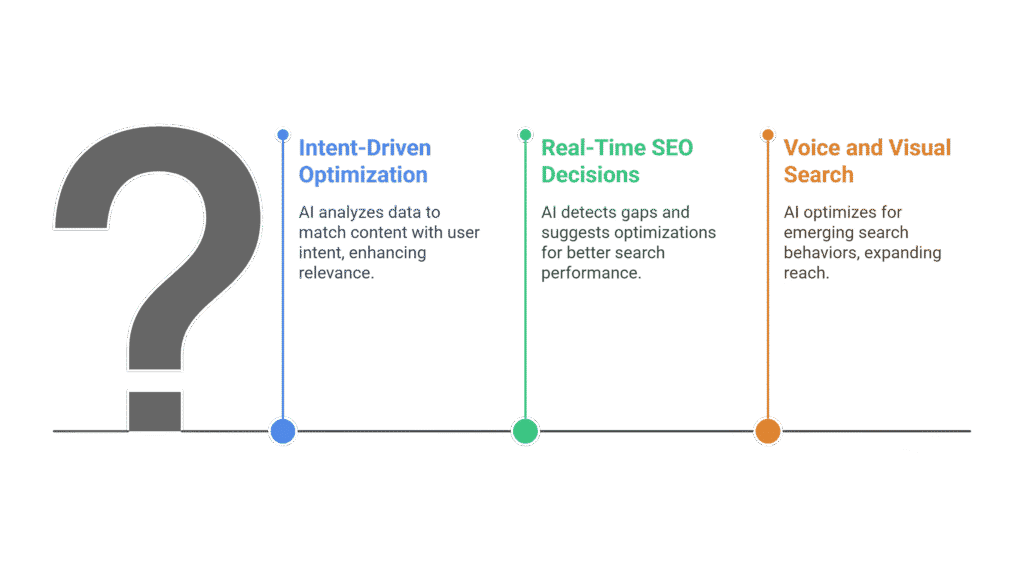
You need AI to compete in these growing SEO channels.
4. Top AI SEO Tools and Platforms
Here are the leading platforms making AI SEO accessible:
| Tool | Key Features | Use Cases |
| Surfer SEO | NLP-based content editor, SERP analysis | Content creation, optimization |
| Frase.io | Content briefs, AI answers, SERP comparison | Writing, content planning |
| MarketMuse | Topic modeling, keyword clusters, content scoring | Strategy, topical authority |
| Clearscope | Real-time content grading, keyword suggestions | High-converting blog posts |
| Jasper | AI writing assistant powered by GPT | Content at scale |
| INK | AI copywriting + SEO optimization | On-page SEO |
| Semrush AI Tools | Automated audits, keyword gaps, link insights | Full SEO workflow |
| Alli AI | Real-time technical SEO automation | Dev-level SEO scaling |
5. AI in Keyword Research and Content Strategy
Keyword research is the backbone of SEO. AI is making it faster and smarter.
a. Semantic Keyword Clustering
Instead of focusing on one keyword per page, AI tools group related keywords into clusters—ensuring comprehensive topical coverage.
Example: For the term “digital nomad,” AI will suggest related clusters like:
- Remote work visas
- Productivity tools for travelers
- Digital nomad cities
b. Search Intent Analysis
AI classifies keywords by user intent:
- Informational
- Navigational
- Commercial
- Transactional
You can then match content formats accordingly (blog post vs. landing page vs. product page).
c. Content Gap Analysis
AI platforms like Surfer SEO or MarketMuse compare your site to competitors and highlight missing topics that can drive more traffic.
6. Content Creation with AI: Friend or Foe?
a. The Rise of AI Content Generators
Tools like Jasper, Writesonic, and Copy.ai use large language models to write everything from meta descriptions to 2000-word blog posts.
Pros:
- Scale content quickly
- Improve consistency
- Reduce writer’s block
Cons:
- Requires fact-checking
- May lack originality
- Needs strong human editing
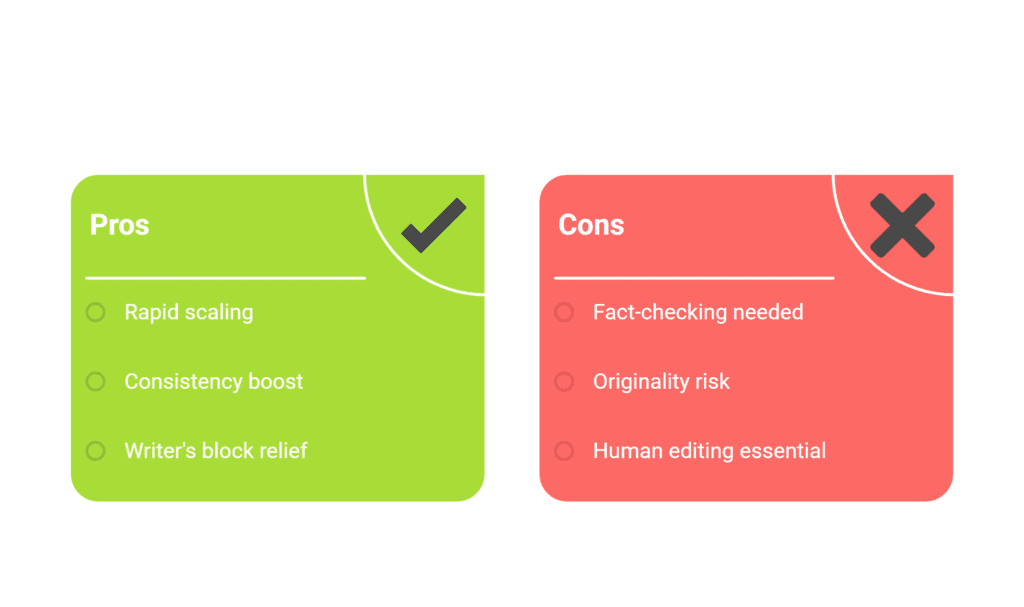
b. Google’s Stance on AI-Generated Content
As of 2025, Google doesn’t ban AI content—as long as it’s helpful, original, and follows E-E-A-T guidelines (Experience, Expertise, Authoritativeness, Trustworthiness).
Best Practice:
Use AI to assist—not replace—your content strategy. Blend AI output with human insight and unique value.
7. AI for Technical SEO and Site Audits
AI tools are transforming how we handle technical SEO—especially for larger sites.
a. Automated Audits
AI platforms like Alli AI, Ahrefs, and Semrush crawl your website, identify issues, and offer real-time fixes for:
- Broken links
- Redirect chains
- Duplicate content
- Mobile usability
- Page speed
b. Structured Data & Schema Optimization
AI tools can automatically suggest and insert schema markup (e.g., FAQs, How-Tos, Products), helping you qualify for rich snippets.
c. Page Speed and Core Web Vitals
AI algorithms can recommend:
- Code optimization
- Lazy loading
- Image compression
- Server-side fixes
Site speed isn’t just UX—it directly affects rankings post-Google’s Page Experience Update.
8. Link Building and AI: Smarter Outreach
Backlinks remain a crucial ranking factor, but manual outreach is slow. AI brings speed and precision.
a. AI Prospecting Tools
Tools like Postaga, Respona, or BuzzStream AI automate:
- Prospect discovery
- Personalized email creation
- Follow-ups
- Relationship tracking
b. Anchor Text Optimization
AI can analyze your backlink profile and competitor strategies to suggest anchor text improvements.
c. Toxic Link Detection
AI in tools like Ahrefs, Moz, or Semrush flags suspicious or harmful links that could trigger penalties—helping you disavow them proactively.
9. AI-Powered Analytics and Reporting
Gone are the days of manually stitching together analytics.
a. Predictive SEO Performance
AI models forecast future rankings based on:
- Traffic trends
- CTR patterns
- Content freshness
- Link velocity
Example: Clearscope provides a “Content Score Forecast” to predict how optimized your content is likely to perform.
b. Automated SEO Reports
AI-powered dashboards can:
- Summarize performance trends
- Highlight SEO wins and losses
- Offer prioritized action steps
Tools: DashThis, Looker Studio (w/ GPT plugins), AgencyAnalytics, PaveAI
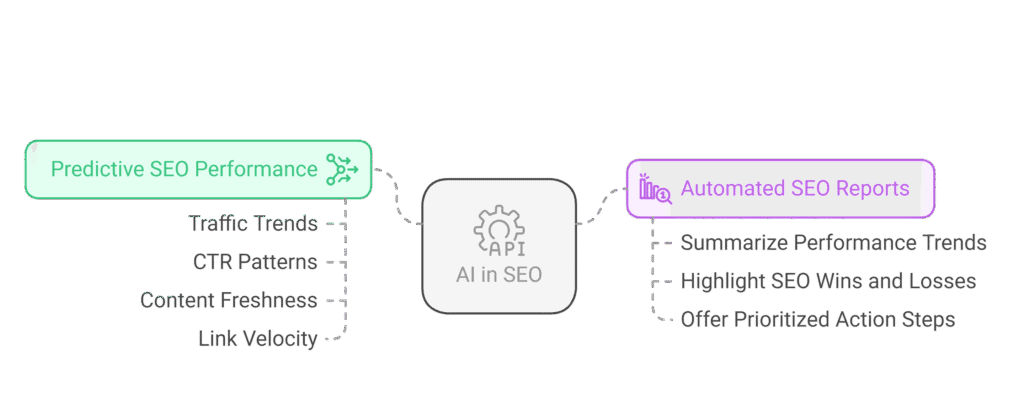
10. Risks, Limitations, and Ethical Considerations
a. AI-Generated Spam
AI can be abused to create spammy, low-quality sites or manipulate SERPs. This can backfire with:
- Google penalties
- User distrust
- Legal implications
b. Over-Automation
Relying 100% on AI can lead to:
- Loss of brand voice
- Inaccurate data or insights
- Missed creative opportunities
c. Bias and Hallucinations
AI tools can reflect societal biases or generate incorrect information. Always review AI-generated content carefully.
11. Real-World Case Studies
Case 1: NerdWallet’s Topic Domination
NerdWallet used AI-driven content clustering to map out hundreds of related financial topics. Result:
- 10x organic traffic over 2 years
- Improved rankings for 50+ money-related keywords
Case 2: Jasper AI’s Own SEO Strategy
Jasper used its own AI tools to publish over 100 optimized blog posts in 6 months. Result:
- 400,000+ monthly visits
- Ranked for 12,000+ keywords
Case 3: Shopify’s Technical SEO Overhaul
Shopify implemented AI-driven site audits to optimize internal linking and fix crawl errors at scale, resulting in a significant uplift in page speed and indexation.
12. The Future of AI SEO: What to Expect Next
a. Conversational Search Dominance
With AI agents like ChatGPT, Google Gemini, and voice assistants, conversational queries will dominate. SEO strategies must adapt to:
- Long-tail Q&A content
- Rich snippets
- Voice-friendly formatting
b. AI-Generated SERPs
Google is testing AI Overviews (formerly SGE)—showing AI summaries instead of traditional blue links. This will change:
- Click-through rates
- Keyword targeting
- Featured snippet importance
c. Personalization at Scale
AI will enable hyper-personalized search results. Future SEO will involve:
- Predictive personalization
- Geo-targeted optimizations
- Real-time content adjustments
13. Final Thoughts: Adapting or Getting Left Behind
AI isn’t replacing SEO—it’s rewriting the rulebook.
If you adapt, AI becomes your most powerful ally—helping you:
- Create better content
- Predict search trends
- Automate tedious tasks
- Deliver more value to your audience
But if you ignore the shift? You risk falling behind fast.
The winning SEO strategy of 2025 and beyond is human creativity empowered by machine intelligence.
📌 Key Takeaways:
- AI SEO enhances traditional SEO with faster, smarter, and more data-driven approaches.
- Top tools include Surfer, Jasper, MarketMuse, Frase, and Semrush AI.
- Use AI to assist—not replace—your human strategy.
- Optimize for AI-driven search behaviors: voice, image, and semantic search.
- Stay ethical, fact-based, and audience-focused.
To gain extensive knowledge in Search Engine optimization, join our comprehensive course SEO for Solopreneurs: Master Technical, Content, and AI SEO

